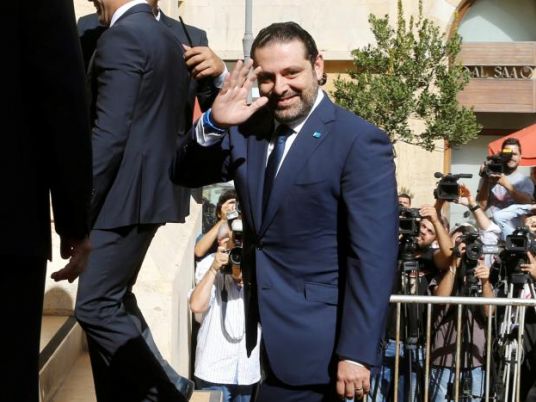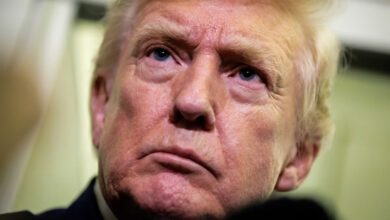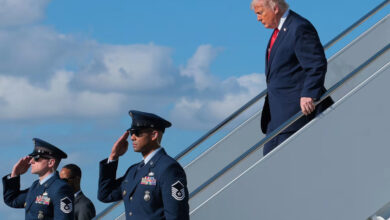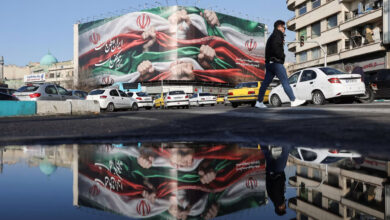
THE HAGUE (Reuters) – Lebanese Prime Minister-designate Saad Hariri said on Tuesday he is not seeking revenge for the 2005 car bombing that killed his father, ex-premier Rafik Hariri, and that he would act to preserve stability in his country.
Wrapping up the prosecution case, Nigel Povoas said that Lebanon had been “plunged into darkness and horror” by the murder of Hariri.
Guilty as charged
The prosecution presented a “mosaic of evidence…(that) leaves no reasonable doubt that all are guilty as charged,” Povoas said.
The trial lasted more than four years during which 307 witnesses were called. The defendants, who remain at large, face a maximum sentence of life in prison.
In the absence of a smoking gun, prosecutors presented a complicated case based mostly on identifying five different, overlapping networks of disposable phones they said were used to carry out the bombing and attempt to manipulate media coverage afterwards by orchestrating a false claim of responsibility.
On Tuesday, prosecutors also focused on the links between the four accused, Salim Jamil Ayyash, Hassan Habib Merhi, Assad Hassan Sabra and Hussein Hassan Oneissi, to Shi’ite Muslim Hezbollah. The four “shared a bond, in their common support for and links to Hezbollah”, he said.
Hezbollah denies any role in the killing of Hariri, a Sunni Muslim who had close ties with Iran’s regional adversary Saudi Arabia, and dismissed the tribunal as a tool of Israel and the United States.
The closing arguments will run until Sept. 21 with the defense expected to start on Friday. No date has been set for a verdict but it is expected next year.
Reporting by Stephanie van den Berg; Editing by Anthony Deutsch and Mark Heinrich.




